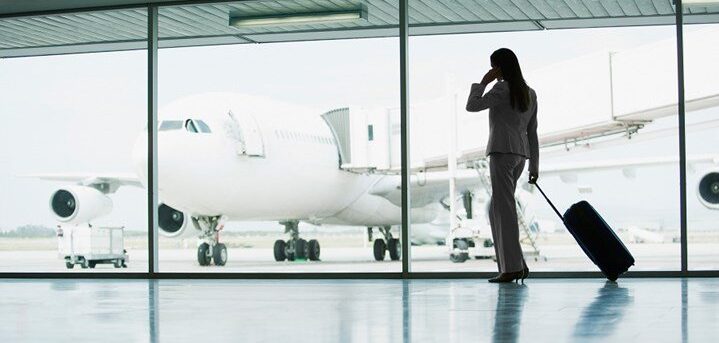As part of an overall technology improvement, Kuala Lumpur International Airport (KUL) has installed more than 100 biometric-enabled self-service touchpoints from air transport industry IT provider SITA.
This installment is intended to improve the passenger experience for domestic and international passengers and increase Covid-19 safety. Alongside SITA’s biometric-enabled self-service Smart Path TS6 kiosks, the airport has also installed the Smart Path Bag Drop and refreshed its IT infrastructure.
The slimline TS6 kiosks feature wireless connectivity and are enabled for SITA Flex and the next generation of common-use API-based services that facilitate a low-touch, fully mobile passenger experience. The modular design of the kiosk was designed to be sustainable and adaptive, as modifications can be made without replacing the entire kiosk.
As part of the updates, Malaysia Airports has migrated to Windows 10 and upgraded its core servers, network equipment and baggage reconciliation system to increase the speed and security of its data communications. The upgrades are part of a broader transition from Airport 3.0 to Airport 4.0, which requires a fully integrated digital ecosystem and collects big data and business intelligence. Besides improving passenger experience, goals such as optimizing terminal use, increasing operational efficiency and growing revenue are part of the Airport 4.0 project.
Sumesh Patel, president of SITA’s Asia-Pacific division, said, “We are delighted to partner again with Malaysia Airports and support the airport in its recovery from Covid-19. Ensuring fluid passenger experiences while balancing operational efficiency is a high priority for airports globally. With this deployment, we’ve delivered on both elements, future-proofing the airport for a touchless journey via enhanced biometric capability while also driving down operational costs and increasing the resilience and agility of IT infrastructure.”

